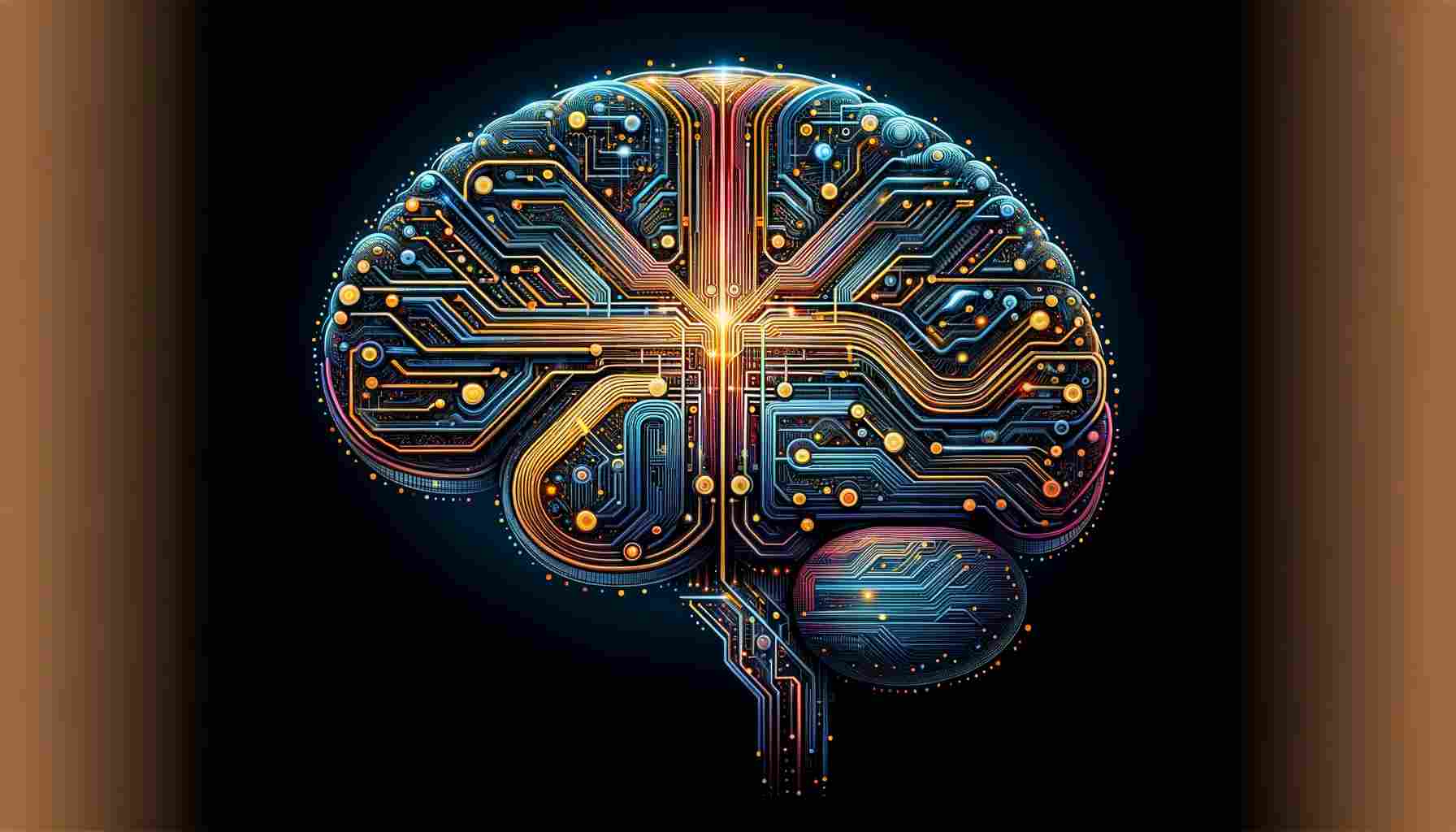Google’s update to Bard includes significant advancements in AI capabilities, most notably the global expansion of Gemini Pro and the introduction of image generation technology. Gemini Pro, previously limited to English, now supports over 40 languages, extending its reach to more than 230 countries and territories. This expansion represents a significant leap in making advanced conversational AI more accessible globally.
The addition of image generation to Bard is powered by the Imagen 2 model, a sophisticated AI system capable of producing high-quality, photorealistic images from textual descriptions. This feature opens up new creative possibilities for users, allowing them to generate unique images simply by typing out what they envision. To ensure ethical use, these images come with a digital watermark.
Furthermore, Bard’s double-check feature, which cross-references AI responses with web content for accuracy, has been expanded to more languages. This is a crucial step in ensuring the reliability and trustworthiness of AI-generated content.
This update from Google is a significant milestone in the field of artificial intelligence and its application in daily life. It reflects the ongoing trend of integrating AI more deeply into various aspects of our digital experiences, from language processing to creative content generation.

Artificial Intelligence and Image Generation
The field of AI has seen remarkable growth in recent years, particularly in the area of image generation. This technology, which involves creating visual content from textual descriptions, is rapidly evolving. The development of models like DALL-E by OpenAI and Imagen by Google demonstrates the immense potential of AI in creative fields. These models use advanced neural networks to understand and interpret textual input, translating it into visually compelling images.
The applications of this technology are vast. In the creative industry, it can assist artists and designers in visualizing concepts and ideas. In education, it can be used to create visual aids and learning materials. Moreover, in fields like marketing and advertising, AI-generated images can provide unique and tailored visual content.

Ethical Considerations and Challenges
However, the rise of AI in image generation also brings forth ethical considerations. The potential for misuse, such as creating misleading or harmful content, is a significant concern. The introduction of digital watermarks by Google is a step towards addressing these issues, as it helps in identifying AI-generated images and preventing their misuse.
Another challenge is the cultural and linguistic nuances that AI must navigate, especially as it expands globally. Ensuring that AI systems are inclusive and sensitive to diverse cultures and languages is crucial in their development.
Also Read- Amazing Changes Planned To Google Assistant By Google In 2024
Future Directions
Looking ahead, we can expect AI and image generation technology to become more sophisticated and integrated into various sectors. This will likely lead to more personalized and interactive digital experiences. As AI continues to evolve, it will be important to balance innovation with ethical considerations, ensuring that the technology is used responsibly and for the benefit of society.
Conclusion
Google’s update to Bard, particularly the expansion of Gemini Pro and the introduction of image generation, marks a significant step in the AI landscape. It reflects the growing capabilities of AI and its potential to transform how we interact with technology. As AI continues to advance, it will be exciting to see how it shapes our digital future.


































